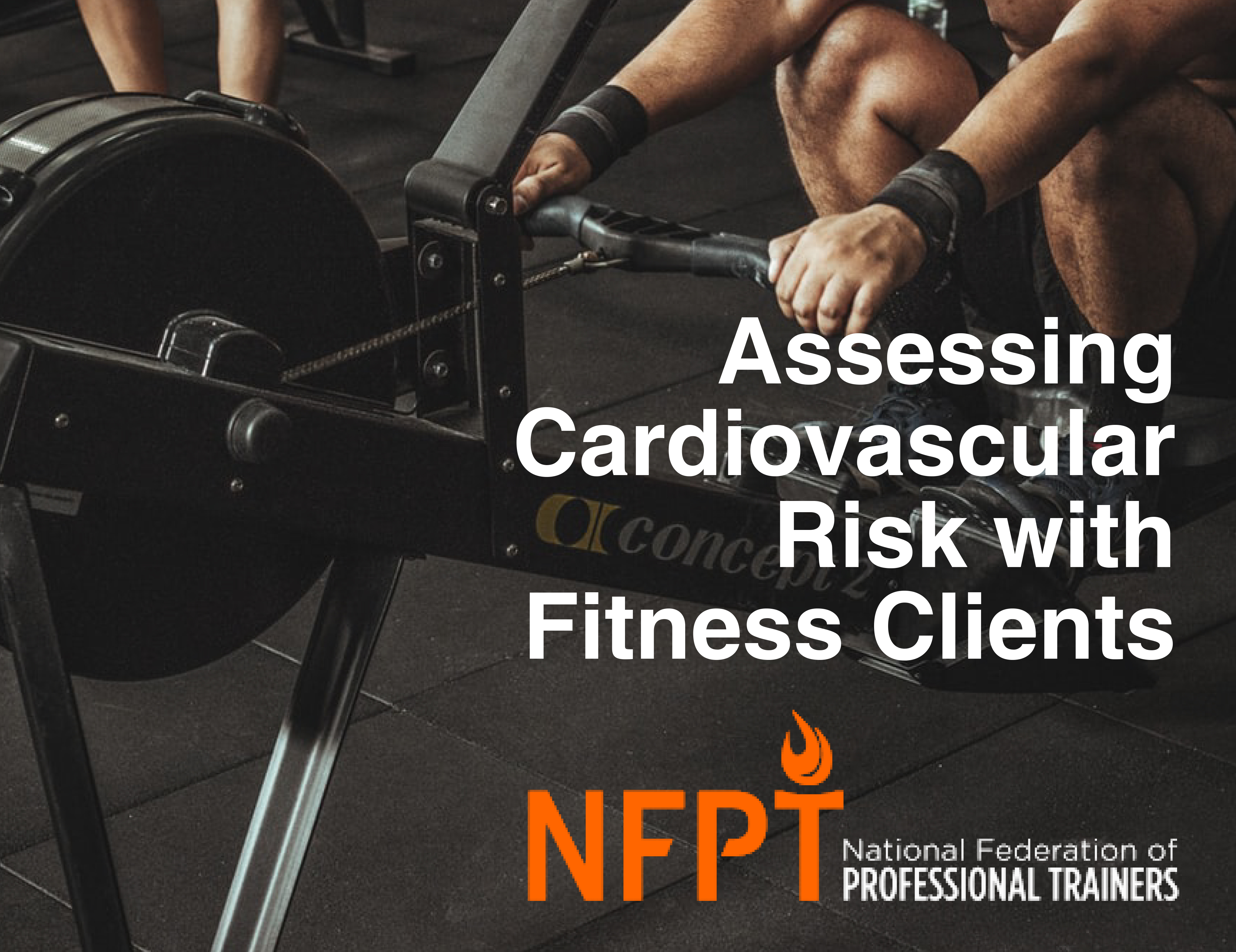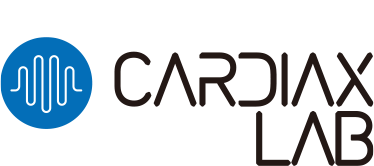News & media
Cardiax Lab events and actions


National Federation of Professional Trainers (NFPT) advices to Personal Trainers
Prioritizing and investigating clients’ health history according to recent research and recommendations to minimize risk and identify potential unknown risk factors is part of the role of a personal trainer. According to research, the new tool and the need for medical clearance prior to beginning an exercise program is based on the following variables.
- An individual’s current exercise participation
- History of cardiovascular, metabolic or renal disease or signs or symptoms suggestive of disease
- Desired exercise intensity of the client
(Reference : National Federation of Professional Trainers, NFPT. By Erin Nitschkel, November 2018)
The first step in using the new tool is to identify those individuals who do or do not participate currently in exercise. The goal is to more accurately and clearly classify individuals who are simply unaccustomed to activity from those who may legitimately be at risk for cardiac complications.
The benefits of screening services
- Early detection of cardiovascular issues even both ECG and Echocardiography showed normal
- 24 intensive cardiovascular parameters show full picture of heart function
- Guideline to professional trainers for their clients’ training plan and direction
- Show results (before and after) comparison to professional trainers to adjust their training strategies
Those cardiovascular parameters are critical to fitness training
Cardiac Output (CO)
Cardiac Index (CI)
Stroke Volume (SI)
Thoracic Fluid Conductivity (TFC)
Stroke Volume Variation
(SVV)
Stroke Systematic Vascular Resistance (SSVR)
Stroke Systematic Vascular Resistance Index (SSVRI)
System Vascular Resistance (SVR)
Left Stroke Work (LSW)
Left Stroke Work Index (LSWI)
Ejection Fraction
(EF)
Dynamic and Tension Index for Blood Flow
Chronotropy (HRV), Volemia, Inotropy and Vasoactivity
Signs and Symptoms
According to American College of Sport Medicine, ACSM, major signs and symptoms that suggest possible cardiovascular, metabolic, and renal disease include:
- Pain or discomfort in the chest, neck, jaw, arms, or other areas that may result from ischemia
- Shortness of breath at rest or upon mild exertion
- Dizziness or syncope
- Orthopnea or paroxysmal nocturnal dyspnea
- Ankle edema
- Palpitations or tachycardia
- Intermittent claudication
- Known heart murmur
- Unusual fatigue or shortness of breath with usual activities
If a client displays or develops any of the above signs or symptoms, refer him or her to a qualified medical professional center for cardiovascular screening.
Introduction of the New Screening Tool
Intensive Cardio Profile by FDA and NASA certified Hemodynamic The technology has been used by NASA since 1985, to provide astronauts with accurate and comprehensive cardiovascular data for protecting their
health in space mission. It have been proven by many clinical trials and certified by FDA . In 2019, the Cardiax Lab, as the sole service distributor started their screening services in Hong Kong.
React now.
Start your heart care plan today and prevent possible
cardiovascular diseases.

